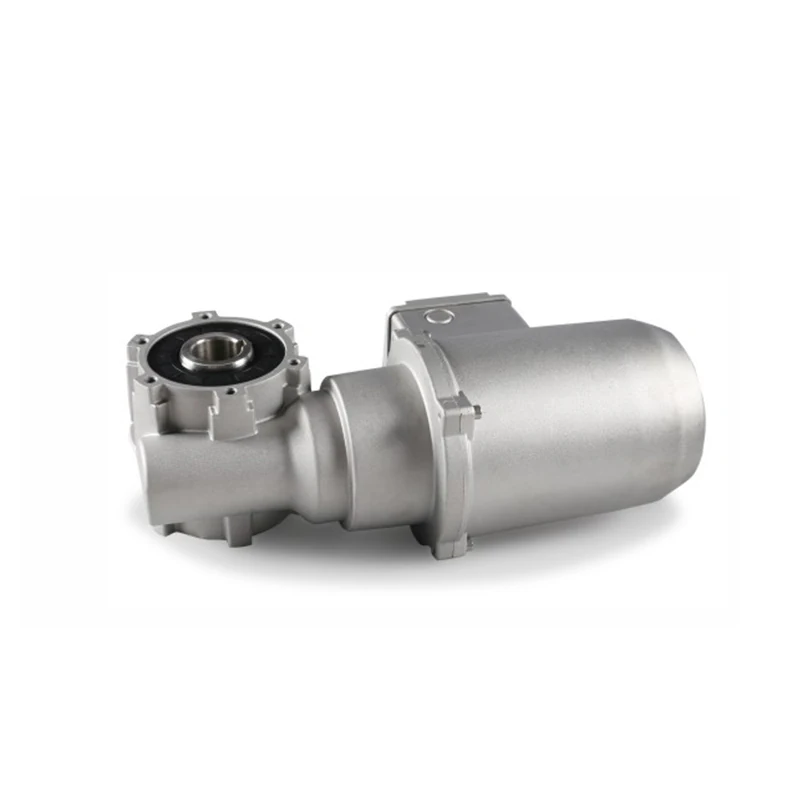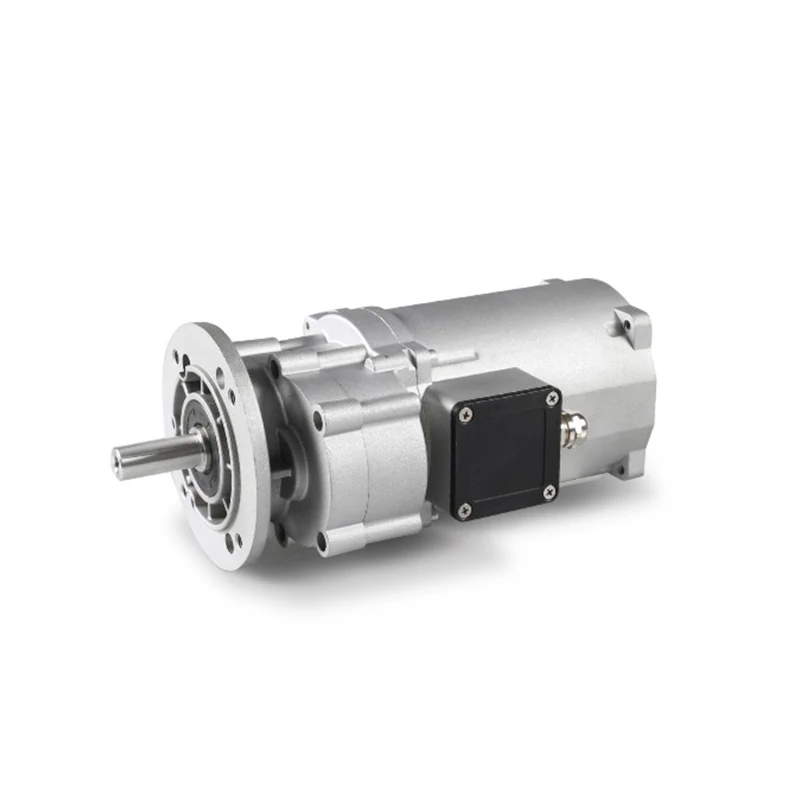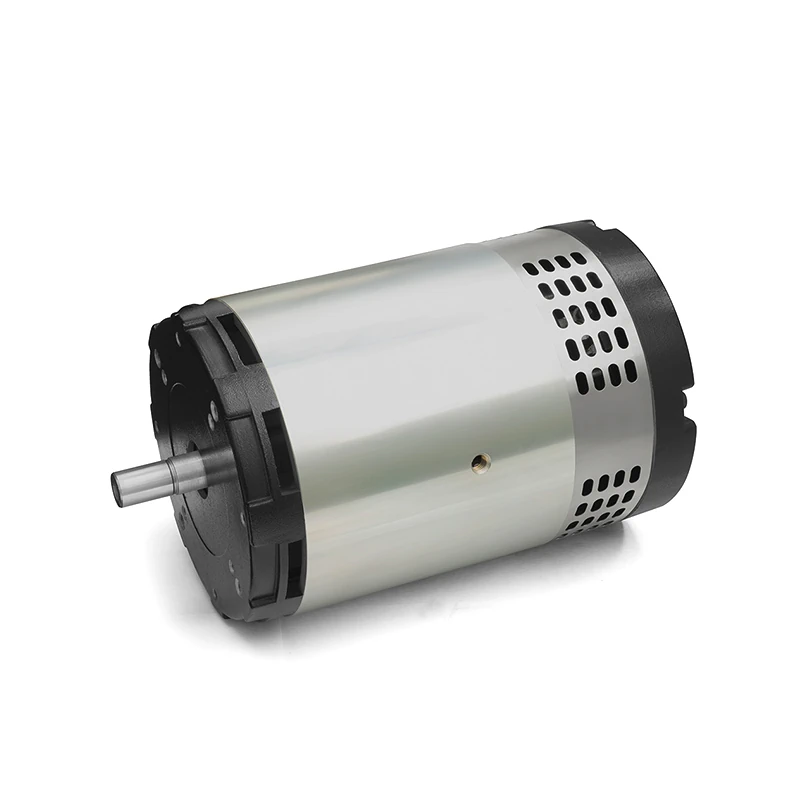DC Motors: Their Application within the Realm of Industrial Control
Role of DC Motors in Modern Industrial Control Systems
Industrial control systems are integral to the functioning of contemporary manufacturing facilities and machinery, encompassing a spectrum of applications from production machinery to robotic and automated equipment. Within this domain, DC (Direct Current) motors are extensively utilized for their notable attributes that render them highly suitable for industrial control tasks. This discussion delves into the role of DC motors in industrial control, with a comparative analysis against AC (Alternating Current) geared motors.
Speed Regulation and Industrial Control
DC motors are recognized for their extensive speed control capabilities, enabling precise adjustments to meet specific operational demands. This feature is particularly significant for industrial control, where varying processes necessitate a range of speeds. When juxtaposed with AC-geared motors, DC motors offer greater flexibility and stability in speed modulation, solidifying their role as a fundamental component in industrial control systems.
Starting, Braking Performance, and Industrial Applications
Furthermore, DC motors are characterized by their superior starting and braking performance. In industrial settings, equipment such as conveyors and hoisting machines require frequent operational starts and stops. DC motors can swiftly respond to commands for starting and braking, thereby enhancing operational efficiency and safety. Conversely, AC-geared motors typically have longer intervals for starting and braking, making them less optimal for tasks that demand quick and sensitive responses.
Load Adaptability in Industrial Control
Additionally, DC motors exhibit a heightened capacity for load adaptability. Industrial control applications may experience abrupt changes in workload, such as rapid acceleration, deceleration, or the addition of extra loads. DC motors can rapidly adjust their output torque to meet these fluctuating demands, ensuring the smooth functioning of machinery. In comparison, AC-geared motors have a reduced capacity to adapt to varying loads, which can lead to operational challenges.
Conclusion on the Prospects of DC Motors in Industrial Control
In conclusion, DC motors hold broad potential in the realm of industrial control. Their advantages in terms of speed regulation, rapid starting and braking, and load adaptability position them as an ideal choice for industrial control applications. When compared to AC-geared motors, DC motors are more adaptable, responsive, and dependable. The future of industrial control is anticipated to see an expansion in the use of DC motors, further augmenting their significance in this field.





